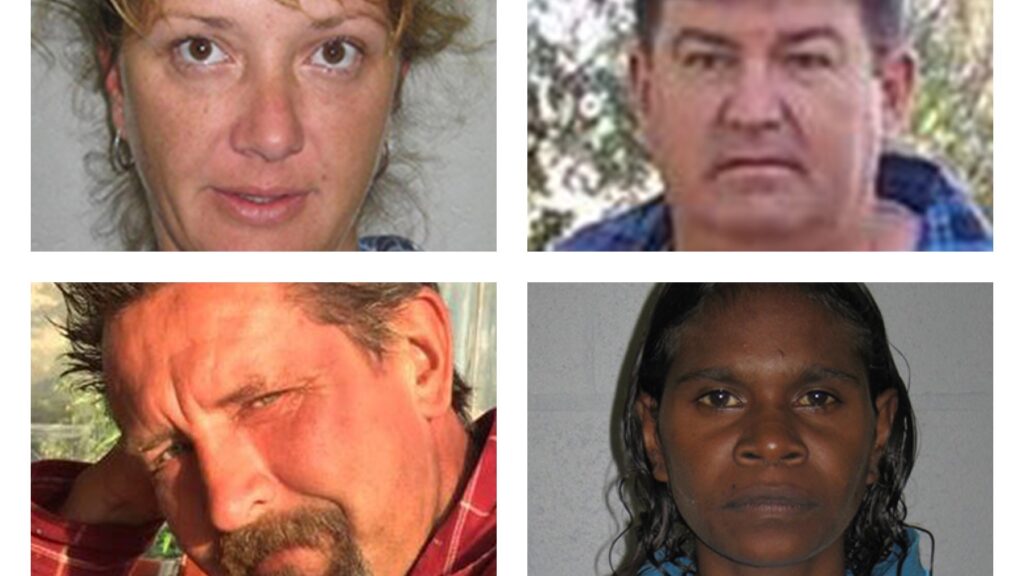Police and families appeal for information as National Missing Persons Week gets underway
Richard Dinnen - Queensland Editor |

Some go out on an errand, or for a walk, and don’t return. Others don’t come back from a holiday, or from a visit with friends.
People go missing under the most ordinary of circumstances. Efforts to find them give rise to stories of extraordinary effort, determination, and courage.
On an average day, 25 people are reported missing to Queensland Police. Most, about 98 per cent, are located in the first 48 hours.
If they’re not found in three months, they join the 394 people currently on the long-term missing persons’ register. Many of those were reported as missing at sea.

The long-term register lists cases dating back to 1976. In October that year, Lydia Notz left a friend’s Brisbane home, intending to return in a week. She has not been since. Lydia would now be 67.
Queensland Police Commissioner, Katarina Carroll, has appealed for public help, at the start of National Missing Persons Week.
“There are many reasons why people go missing and while thankfully most of those reported to us are located quickly, we never forget those whose whereabouts remains unknown and the devastating impact this has on family and friends.
“It is estimated that for every missing person reported to police, at least 12 people are affected.
“Finding the missing person and being able to provide answers to their families remains a priority for Queensland Police, working alongside the National Missing Persons Coordination Centre and agency partners.”
Nationally, 53,000 people were reported missing in 2021. Queensland Police Minister, Mark Ryan, said public support is vital to safely locating them.
“All it takes is one person to recognise a photo or even someone reported missing to come forward, which has the potential to resolve an investigation and lead to much-needed answers for families and friends.”
The Missing Persons Advocacy Network (MPAN) says relatives and friends of long-term missing people can be affected by grief for many years and traditional grief counselling may not be effective.
CEO, Loren O’Keeffe, said loss without a clear conclusion delays and complicates grieving.
“When a loved one goes missing, there is no right way to deal with it. You oscillate from hope to hopelessness, overwhelmed by the physical, mental, and emotional burden.
“It’s OK to feel uncertainty, hope, exhaustion, numbness, or even anger at your loved one for going missing.”
MPAN has launched The Hope Narratives, a therapeutic tool to support families of long-term missing people. It’s been developed with support from relatives of long-term missing people in Australia and overseas.
Find more information about missing persons cases in Queensland
See a national database of missing persons cases
Can you help?








